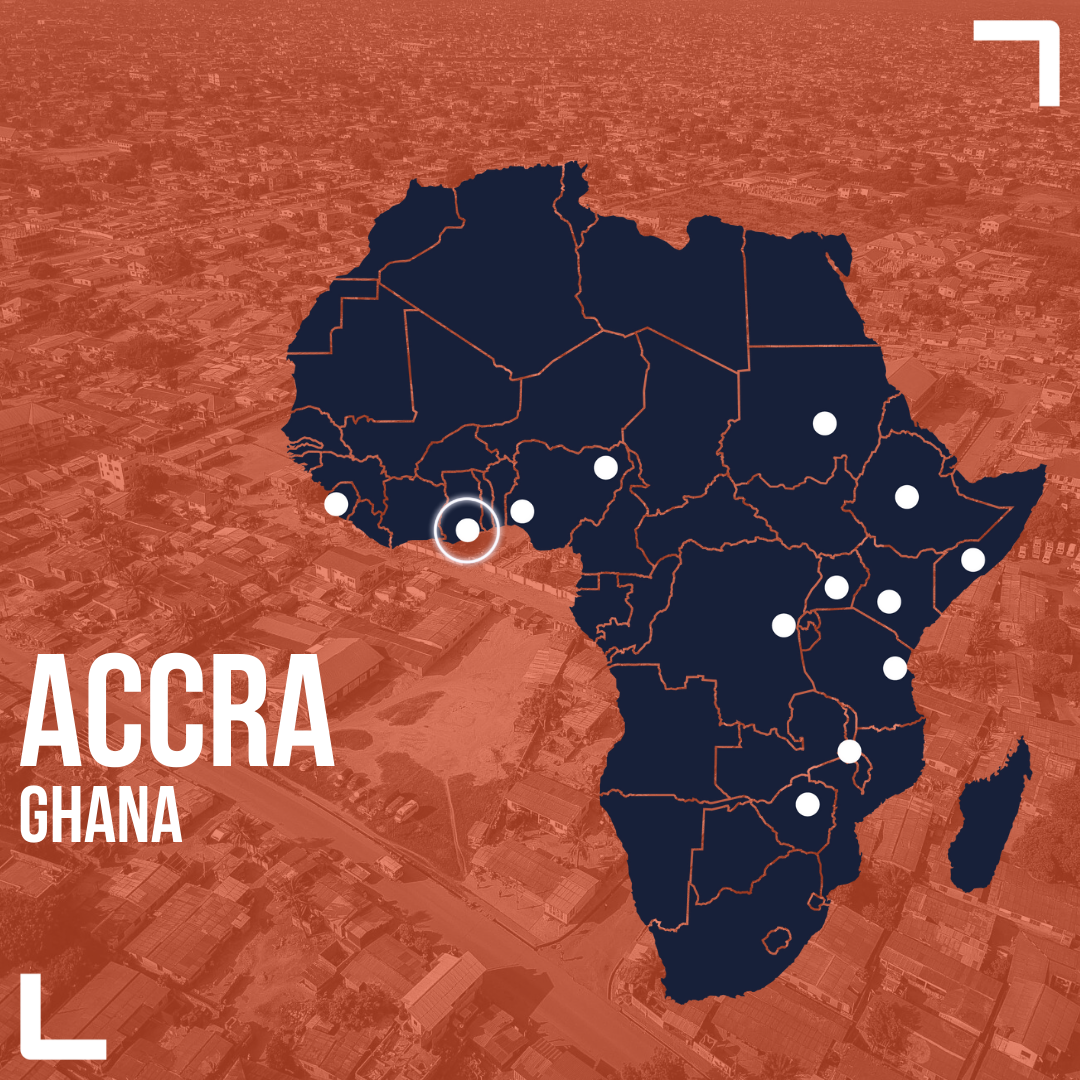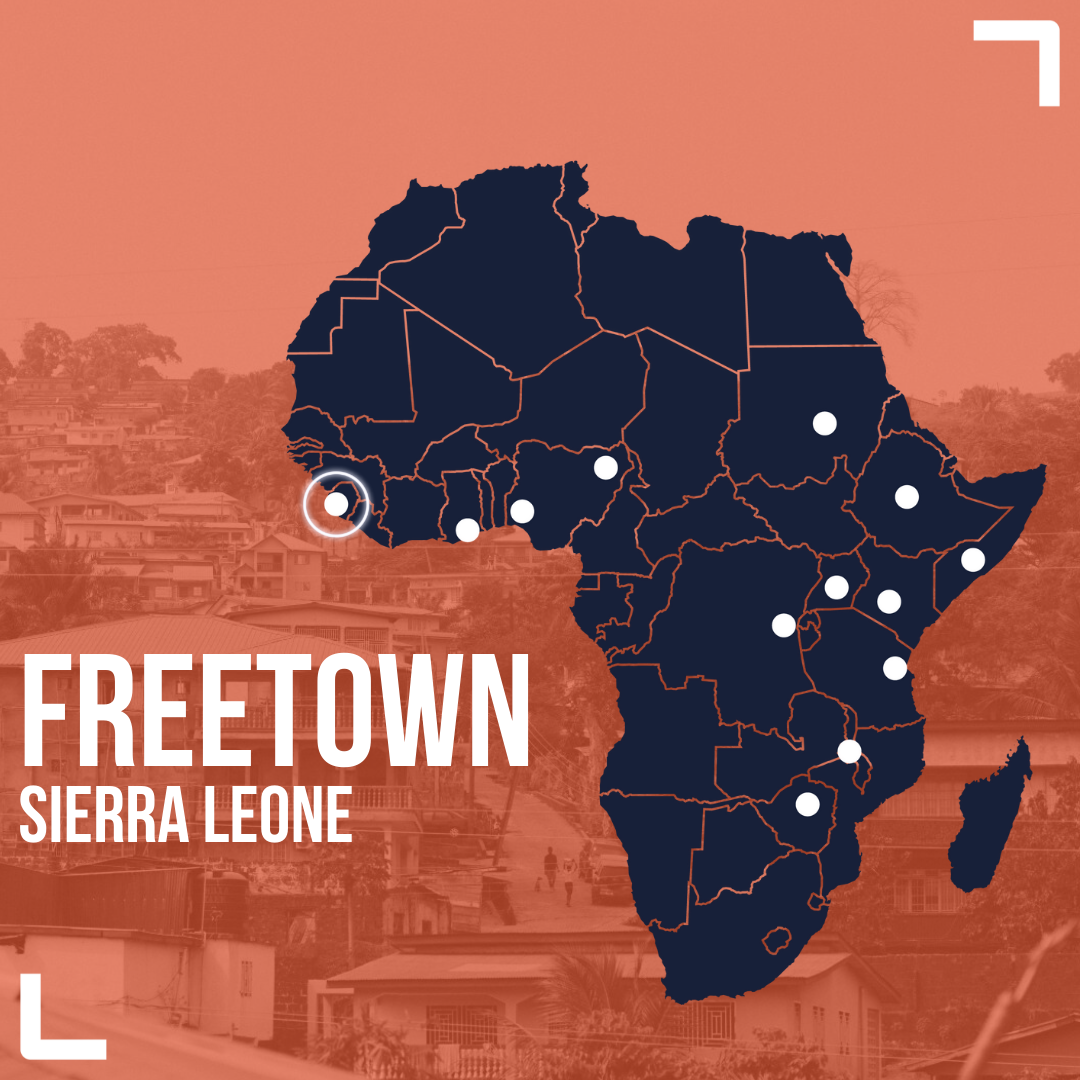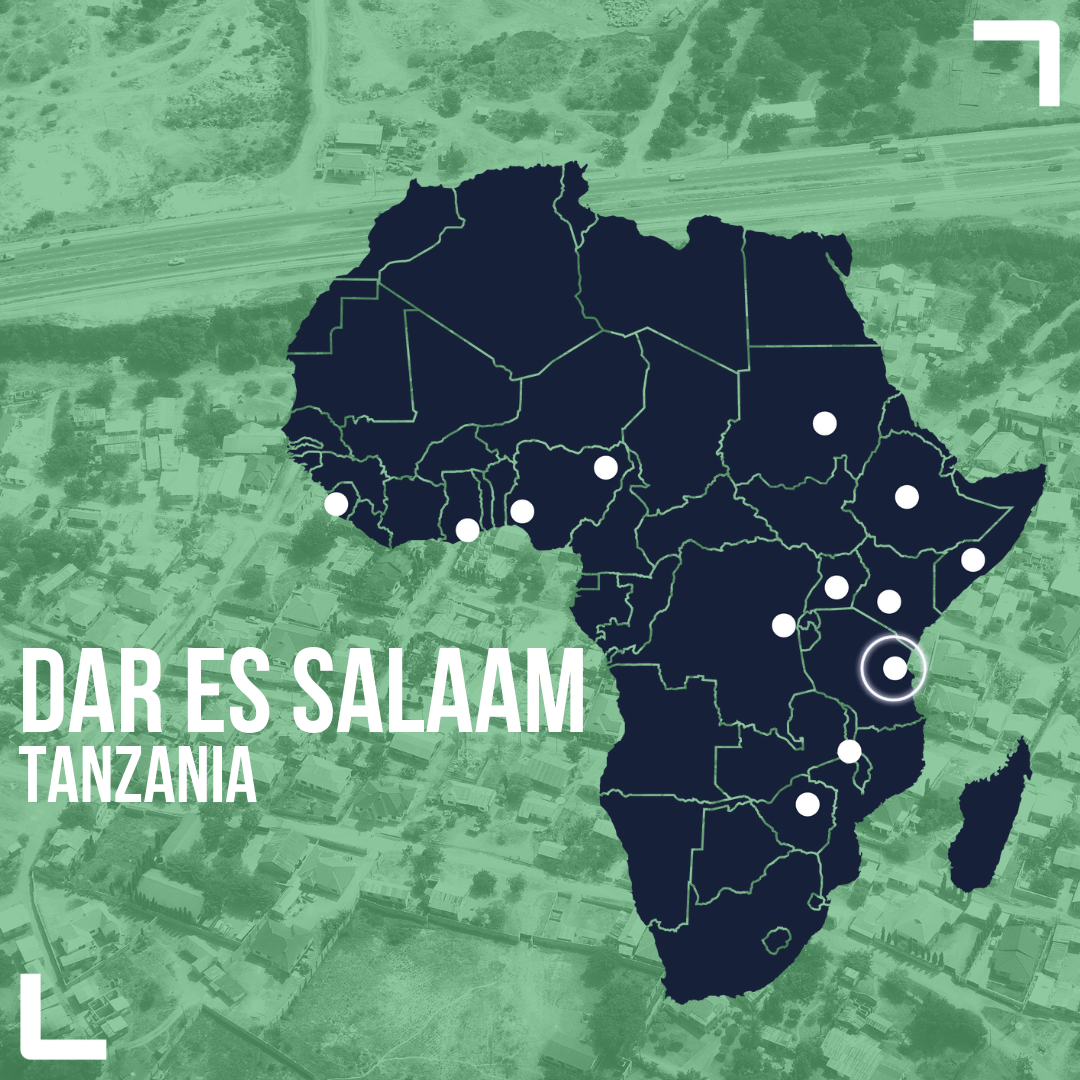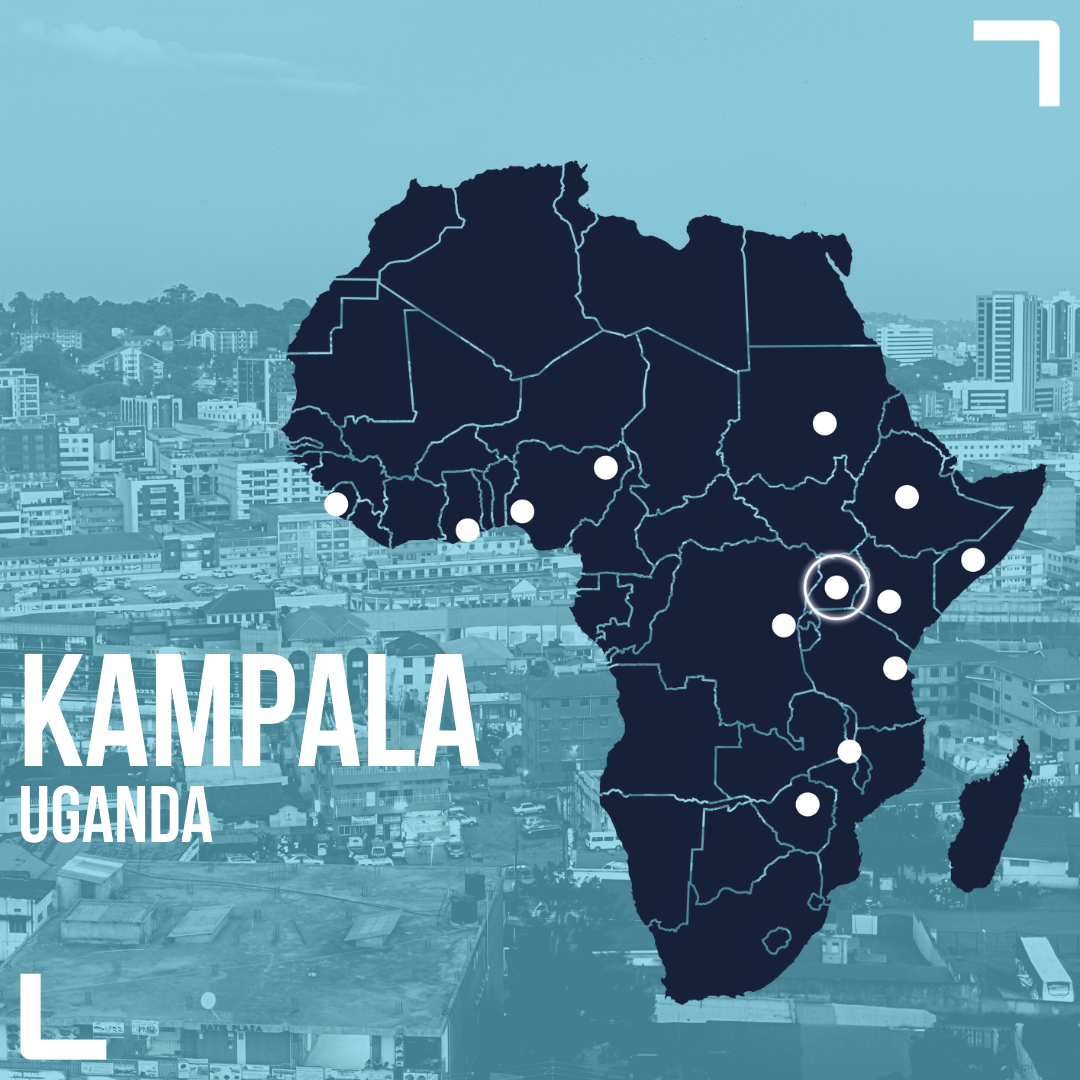Informal settlements
In most African cities, more than half of residents live in informal settlements, with insecure tenure, a lack of basic services and infrastructure, and often unsafe housing. It is now widely recognised within policy and academic circles that such households tend to be best served by upgrading programmes that enable them to remain in situ, without disrupting their livelihoods and social networks.
Informal settlement upgrading is a significant poverty reduction mechanism, enabling low-income households to secure essential services at a lower cost, improve their social status, and overcome spatial inequality. It also helps address the needs of vulnerable groups, such as women-headed households and people with disabilities, as well as offering multiple opportunities for income generation.
City elites are increasingly recognising the potential that informal settlement upgrading has for enhancing their popularity. Our research closely analyses the politics underpinning such interventions. With multiple actors involved and a number of contentious issues shaping the challenge of upgrading, the complexities of the process and the overlaps with other urban development domains are a key focus in our work.
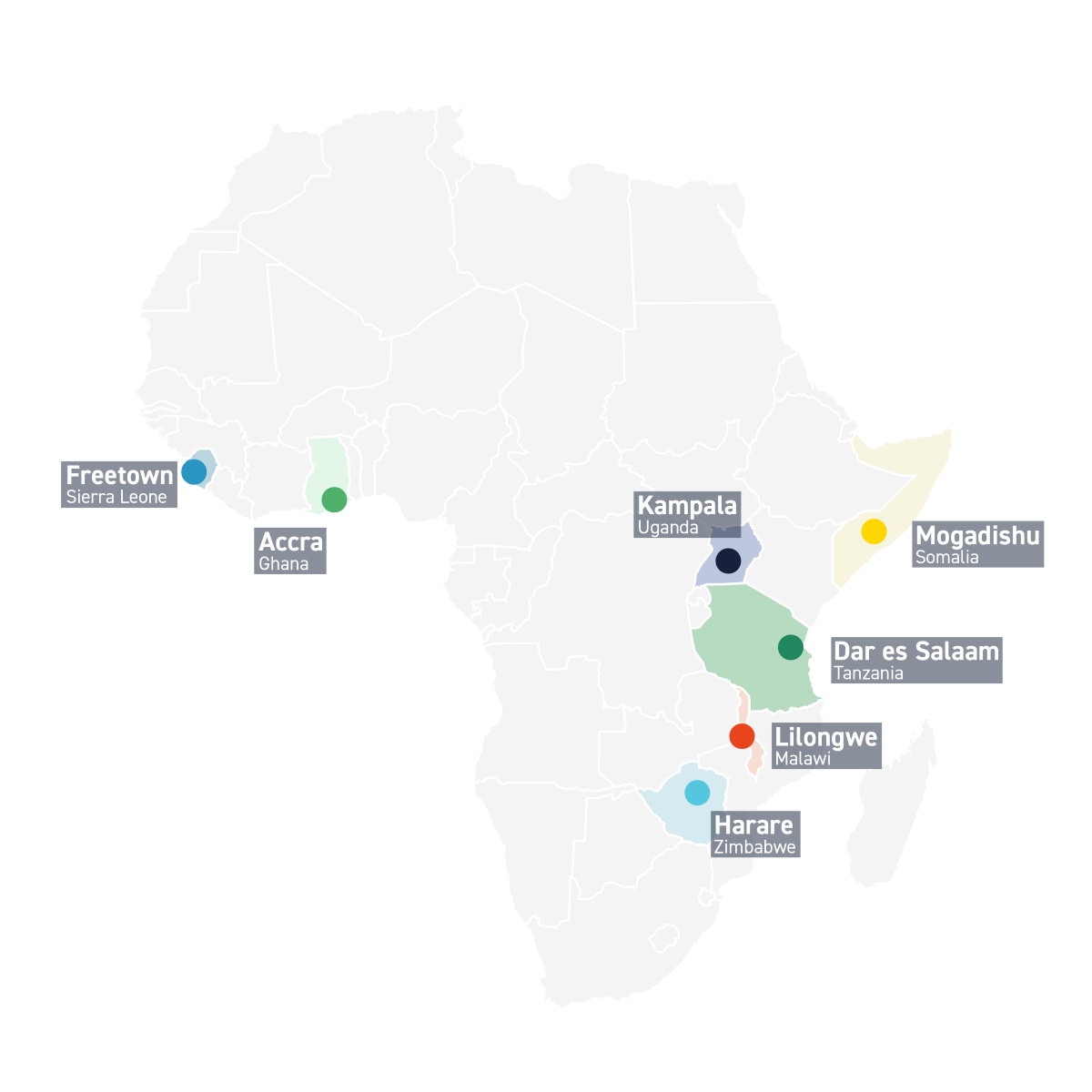
LATEST NEWS from ACRC

In the shadow of Nairobi’s expansion: From peasants to paupers
In a new open access book, Peasants to Paupers: Land, Class and Kinship in Central Kenya, Peter Lockwood – former Hallsworth Fellow at The University of Manchester and now a postdoctoral researcher at the University of Goettingen – tells the human stories behind Kenya’s rapid urban expansion and the families being left behind.

Crime-fighting in Lagos: Community watch groups are the preferred choice for residents, but they carry risks
Criminal activities have developed into a security crisis in Nigeria. Alongside the responses of security agencies such as the police and military, there has been a huge local response, with community groups mobilising in the face of criminal attacks.

Awareness of youth programmes in Uganda is high – so why is participation so low?
Across Uganda, awareness of government youth programmes is impressively high, but youth participation remains stubbornly low. Our recent study sought to understand why knowing about these programmes does not necessarily translate into active participation.

